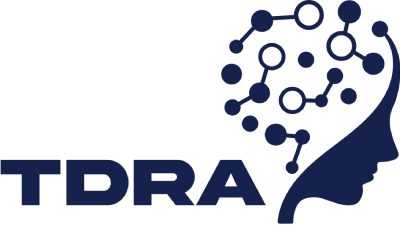Longitudinal Frontotemporal Lobar Degeneration (ALLFTD)
Observational Study
Get in touch about this studyWhat is the study about?
This is a 5-year study which aims to evaluate and characterize frontotemporal lobar degeneration (FTLD) patients and asymptomatic individuals belonging to family with a strong history of an FTLD syndrome and their caregivers. This study seeks to learn more about how FTLD syndromes progress over time and to develop new tools that can aid with diagnosis, treatment and monitoring of FTLD.
Eligibility–Who can participate?
You may be able to participate if you meet the following:
- Be 18 years old or older
- Have a reliable study partner who can provide information on the participant’s behaviour, thinking and functioning.
- Be able to read, understand and speak English for neuropsychological testing
- Either be a be a member of a family with a strong history of an FTLD syndrome OR a patient with the diagnosis of:
- Frontotemporal dementia (FTD)
- Corticobasal syndrome (CBS)
- Progressive supranuclear palsy (PSP)
- Primary progressive aphasia (PPA)
- Behavioral variant FTD
Time requirement:
Participants will have the option of choosing to join one of two groups.
Longitudinal Group:
- Participants and their study partners will be asked to come in for a research visit every year for 5 years. And a follow up phone call at 3-6 months after each yearly visit.
- Each visit will take 2-3 days to finish the following assessments:
- MRI brain scan (to be done in Toronto General Hospital)
- Blood draw for genetic research
- Clinical Exam – medical history, physical and neurological exam
- Neuropsychological Testing
- Questionnaires and surveys
Biofluid Group:
- Participants will come in for one research visit and then have remote follow-ups by phone every year for 5 years. The research visit will take 1 day to complete, and the following assessments will be done:
- Clinical Exam – medical history, physical and neurological exam
- Questionnaires and surveys
- Blood draw for genetic research
TDRA investigator
Dr. Carmela Tartaglia
More information
https://clinicaltrials.gov/ct2/show/NCT04363684
Video
Advances in Dementia Research Webinar- Listen to Dr. Carmela Tartaglia (Principal Investigator) discuss the ALLFTD study in further detail. https://youtu.be/WF0qwQAqpM4
TDRA Site:
University Health Network (UHN)-Toronto Western Hospital
Address: 399 Bathurst Street, Toronto ON M5T 2S8
Age Group:
18 - 24, 25 - 29, 30 - 39, 40 - 49, 50 - 54, 55 - 59, 60 - 64, 65 - 69, 70 - 80, 81 - 85, 86 - 90, 91+
Target Population:
Corticobasal Syndrome (CBS), Family history of Frontotemporal dementia (FTD), Frontotemporal dementia (FTD), Primary Progressive Aphasia (PPA), Progressive Supranuclear Palsy (PSP)
